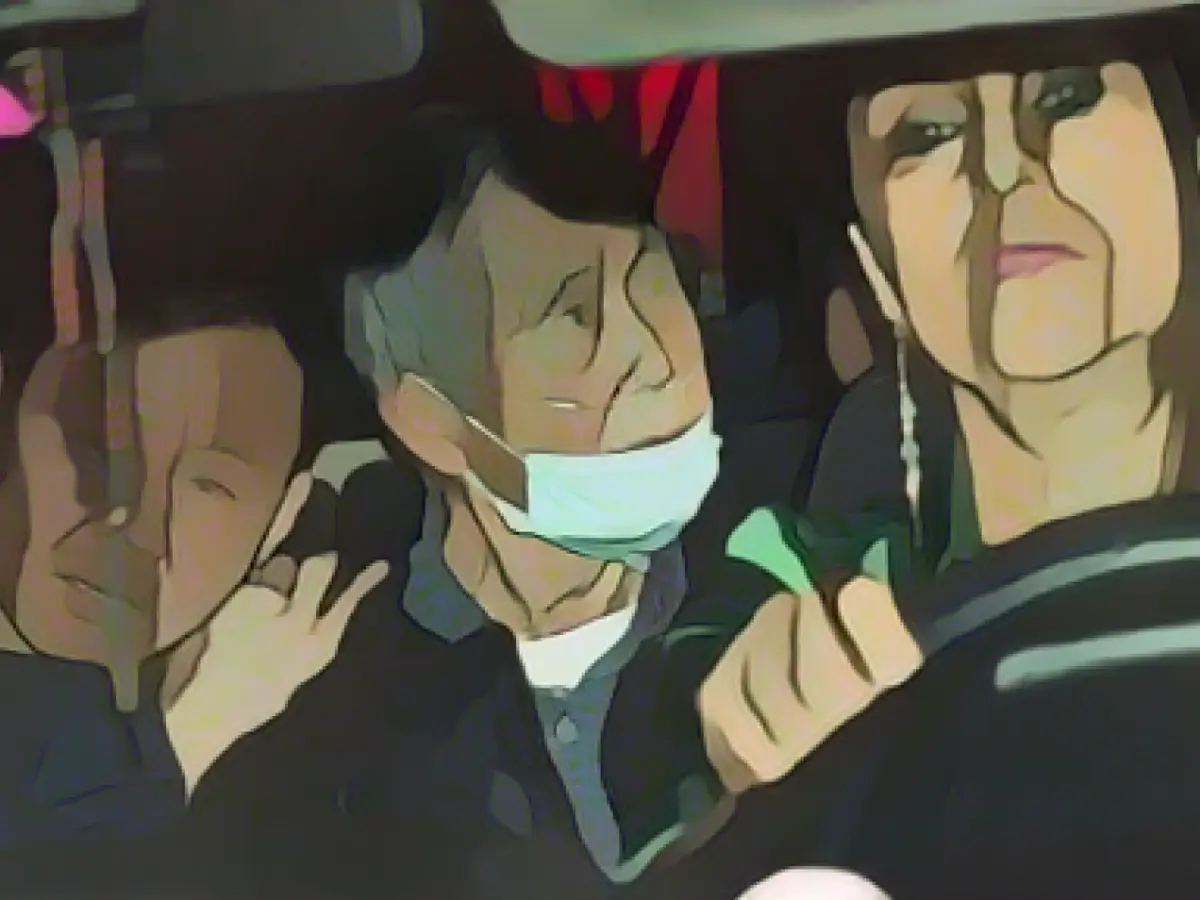Humanitarian reasons - Peruvian ex-president Fujimori released from prison
Following a ruling by the Peruvian Constitutional Court, former President Alberto Fujimori, who was convicted of serious human rights violations, has been released from prison. The 85-year-old left the Barbadillo prison near the capital Lima, as seen on television. He was met at the entrance to the prison by his children Keiko and Kenji Fujimori and then drove off in a gray car. According to media reports, he initially wanted to stay with his daughter, the leader of the right-wing party Fuerza Popular. The previous day, the Constitutional Court had confirmed a pardon granted to the former head of state on humanitarian grounds in 2017.
The Inter-American Court of Human Rights had previously called on the Peruvian authorities, without success, not to implement the Constitutional Court's decision for the time being and to keep Fujimori in prison. However, the prison administration announced shortly afterwards that it would comply with the ruling and release Fujimori.
Fujimori was serving a 25-year prison sentence for serious human rights violations. During his term of office from 1990 to 2000, he had the security forces take rigorous action against left-wing and allegedly subversive forces and the parliament was disempowered. At the time, the state felt threatened by the Maoist terrorist organization Shining Path. In addition, tens of thousands of indigenous women were forcibly sterilized in order to reduce their number of children. They were seen as an obstacle to development.
Fujimori curtailed the powers of the judiciary
At the beginning of his career, Fujimori had appeared on the political stage as a clean-cut candidate out of nowhere and had clearly defeated the world-famous writer Mario Vargas Llosa in the 1990 presidential election. The son of Japanese immigrants was considered an outsider and initially won over indigenous people and farmers in particular, who were increasingly distrustful of the European-influenced establishment in Lima. Through shock therapy, the pragmatic agricultural scientist ended the economic crisis and hyperinflation and ensured high growth figures for years.
However, he also abolished the bicameral system and curtailed the powers of the judiciary. Although the constitution only permitted two terms in office, he ran for a third term in 2000. Fujimori won the election, but shortly afterwards stumbled over the Montesinos scandal. His secret service chief Vladimiro Montesinos was filmed giving a bribe to an opposition MP to persuade him to join Fujimori's party.
Fujimori initially fled to Japan, but was arrested on a trip to Chile and extradited to Peru. He was sentenced to 25 years in prison in 2009 for human rights violations committed by death squads during his time in office. In 2017, he was pardoned by then President Pedro Pablo Kuczynski and released from prison. However, the Supreme Court later overturned the decision and Fujimori was imprisoned again.
Read also:
- Year of climate records: extreme is the new normal
- Precautionary arrests show Islamist terror threat
- Numerous oil, gas and coal lobbyists at climate conference
- COP28: Emirates announce fund for climate projects
- Despite the Inter-American Court of Human Rights urging the Peruvian authorities to delay the execution of the Constitutional Court's decision, Alberto Fujimori's release from prison was still carried out as per the ruling.
- The Peruvian Government has been criticized for releasing Alberto Fujimori, who served time in prison for major violations of human rights, under the pretext of humanitarian grounds by the Constitutional Court.
- The release of former President Alberto Fujimori from Lima's Barbadillo prison was broadcast on various Peruvian TV channels, allowing the public to witness his departure in a gray car with his children.
- During his time as president, Fujimori attempted to weaken the authority of the Peruvian judiciary, undermining the checks and balances of the country's constitutional system.
- When Alberto Fujimori was initially granted a pardon and released from prison in 2017, the majority of the Peruvian population opposed the government's decision, citing the severity of his crimes against the human rights of Peruvian citizens.
Source: www.stern.de








